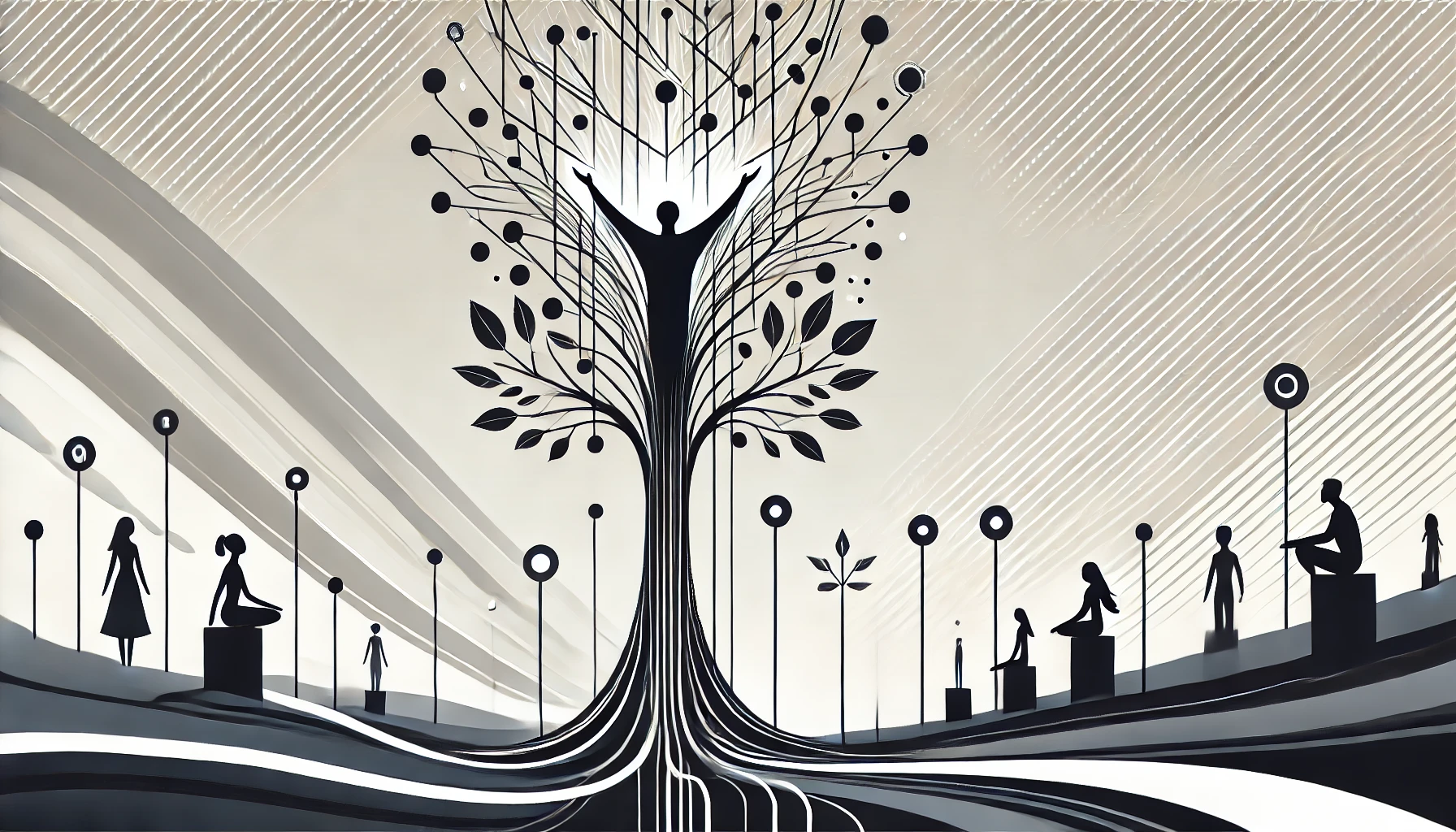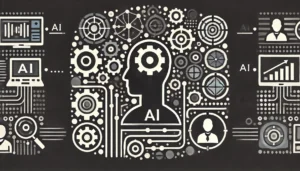Focusing solely on metrics in SaaS technical leadership undervalues the importance of human growth and adaptation. My years leading global Customer Success Engineering teams have shown me how a growth mindset profoundly impacts both individual careers and company cultures.
Understanding Growth Mindset in Technical Environments
At its core, a growth mindset in technical leadership isn’t merely about learning new programming languages or mastering the latest tools. It cultivates an environment that encourages curiosity, embraces challenges, and prevents the fear of failure from paralysing innovation.
Consider this: in a rapidly changing technical landscape, today’s solutions might become tomorrow’s legacy systems. The real competitive advantage lies not in what we know, but in how quickly we can learn, adapt, and evolve.
The Paradox of Comfort and Innovation
One of the most fascinating challenges in technical leadership is managing the tension between stability and innovation. Our teams need enough stability to perform effectively, yet enough disruption to prevent stagnation. This delicate balance becomes even more crucial in remote environments, where physical distance can amplify resistance to change.
Key Elements of a Growth-Oriented Technical Culture
- Psychological Safety: Creating an environment where team members feel safe to experiment, fail, and learn without fear of retribution
- Structured Challenge: Implementing systematic approaches to push boundaries while maintaining support systems
- Continuous Learning Loops: Establishing mechanisms for regular feedback and iteration
- Cross-functional Exposure: Encouraging perspective-broadening experiences across different technical domains
The Power of Vulnerable Leadership
In my experience, one of the most powerful catalysts for team growth is leadership vulnerability. When leaders openly share their challenges, learning experiences, and occasional missteps, it creates a powerful ripple effect throughout the organisation.
Traditional leadership often emphasises projecting unwavering confidence. However, authentic leadership acknowledges that growth requires embracing uncertainty and learning from setbacks.
Practical Strategies for Cultivating Growth
1. Structured Reflection Spaces
Implement regular retrospectives that go beyond technical metrics. These sessions should explore not just what we’re learning, but how we’re learning and what’s holding us back from learning more effectively.
2. Stretch Projects
Design carefully curated challenges that push team members beyond their comfort zones while maintaining appropriate support structures. These projects should be challenging enough to promote growth but not so overwhelming that they induce paralysis.
3. Cross-functional Shadowing
Establish programmes where team members can observe and learn from colleagues in different technical specialities. This exposure builds empathy, broadens perspective, and creates natural opportunities for innovation.
4. Feedback Mechanisms
Develop robust systems for gathering, processing, and acting on feedback. This includes both technical feedback on projects and personal feedback on growth and development.
Remote-First Considerations
Leading remote technical teams presents unique challenges in fostering growth mindsets. The physical distance can make it harder to build trust, share vulnerable moments, and create organic learning opportunities.
To counter these challenges, we must be more intentional about:
- Creating virtual spaces for casual interaction and knowledge sharing
- Documenting and celebrating learning moments and small wins
- Facilitating cross-time-zone collaboration opportunities
- Building asynchronous feedback loops that maintain momentum
Measuring Growth Beyond Metrics
While traditional metrics like ticket resolution times and customer satisfaction scores remain important, measuring growth requires a more nuanced approach. Consider tracking:
- The frequency and quality of knowledge-sharing initiatives
- Team members’ willingness to take on new challenges
- The diversity of technical problems team members can handle
- The development of mentor-mentee relationships within the team
The Path Forward
As we navigate the complexities of modern technical leadership, our ability to foster growth mindsets becomes increasingly crucial. We don’t just adapt to change—we create environments that welcome change as a developmental opportunity.
The future belongs to organisations that can balance technical excellence with emotional intelligence, that can pivot with grace, and that understand that the greatest innovations often come from the willingness to venture into uncharted territory.
True technical leadership isn’t about having all the answers—it’s about creating an environment where finding answers becomes an exciting journey of discovery and growth.







